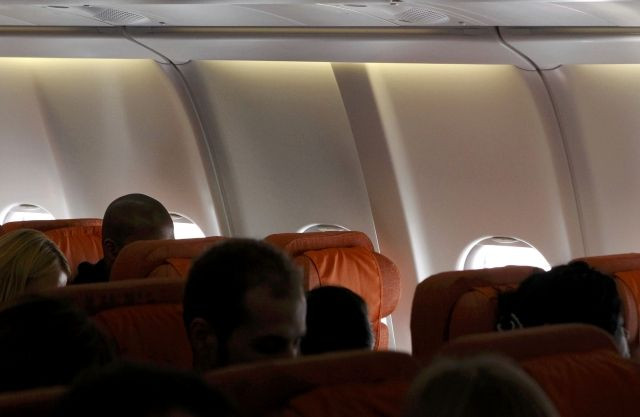
As the US embargo against Cuba nears its 53rd anniversary, relations between the two nations are still tense. But when Edward Snowden sought asylum from the United States, where the former intelligence analyst for the NSA is wanted on espionage charges, Cuba may have balked at the idea of making them worse. According to a report by Russian newspaper Kommersant which cites several high-ranking sources in both the Russian and US governments, the reason Snowden never showed up for a flight bound from Moscow's Sheremetyevo airport to Havana at the end of June was because Cuba told Russian officials to stop him from boarding the Aeroflot flight.
The report, which is as yet unconfirmed, says that Cuba did so after the United States pressured it to deny Snowden entry. The seat on the Havana-bound Aeroflot flight which the NSA leaker had reportedly reserved remained empty, bewildering journalists who had descended upon the Sheremetyevo airport in hopes of glimpsing Snowden as he boarded. It also kicked off more than a month of waiting for Snowden, who holed up in the Moscow airport filing petitions for asylum to dozens of countries.
Even after having blocked Snowden's entry, the Cuban government showed itself defiant but perhaps noncommittal toward the United States in public. When three Latin American countries - Venezuela, Bolivia, and Nicaragua - came forward to say that they would accept Snowden's request if he applied and was able to reach their territory, Cuba issued a statement of support. "We support the sovereign right of .... Venezuela and all states in the region to grant asylum to those persecuted for their ideals or their struggles for democratic rights," said Raul Castro in a speech to Cuba's National Assembly in early July. He also expressed support for Bolivian President Evo Morales, who saw his plane's access to the airspace of four European countries suddenly revoked amid rumors that it might be ferrying Snowden home from Russia, where Morales had been attending a summit of oil-producing nations. The four European countries which forced Morales' plane to be rerouted - France, Spain, Portugal and Italy - were later reported to have been acting at the United States' behest.
Snowden later left the Moscow airport after having been granted temporary asylum by Russia. That decision by Russian authorities provoked a flurry of indignant statements from US lawmakers such as John McCain, who called it a "slap in the face". The Obama administration also denounced it in less bellicose terms and also postponed a meeting set for next month with Russian President Vladimir Putin.
RELATED: Ecuador President Rafael Correa Says He Will Not Accept US 'Blackmail' On Snowden
© 2025 Latin Times. All rights reserved. Do not reproduce without permission.




